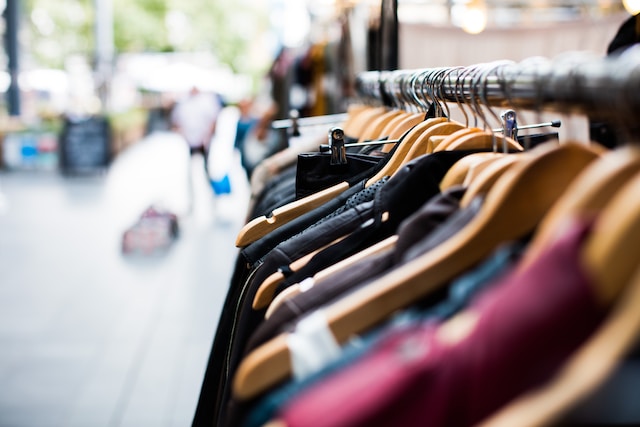Is it Legal to Sell Replica Products in Cyprus?
Before we delve into the subject, it’s crucial to understand the difference between replicas and counterfeits. Replicas are products designed to look like a particular item, but they don’t pretend to be the real thing. Counterfeits, on the other hand, are fake items passed off as genuine. In Cyprus, the law is clear – selling replica products is not legal. The Intellectual Property Law, which Cyprus is part of, forbids the sale of any items that infringe on the rights of the original manufacturer or brand.
What are the Laws and Penalties for Selling Counterfeit Goods in Cyprus?
The Cyprus legal system treats the sale of counterfeit goods seriously. The Trade Marks Law, Cap. 268, provides protection against trademark infringement, which includes the selling of counterfeit goods. Penalties can range from fines to imprisonment.
A person found guilty of selling counterfeit goods could face a prison term of up to five years, a fine of up to €170,000, or both. If the offender is a company, it could be fined up to €350,000.
What are the Current Regulations on Counterfeit Goods in Cyprus?
Several regulations govern the sale of counterfeit goods in Cyprus. They include the Copyright Law of 1976, the Patents Law of 1998, and the Trade Marks Law, Cap. 268.
These laws are designed to protect intellectual property rights and discourage the sale of counterfeit goods. Violations can lead to hefty penalties, including fines and imprisonment.
What are the Popular Replica Watches Available in Cyprus?
While selling replica products is illegal in Cyprus, it doesn’t stop some traders from attempting to sell them. Some of the popular replica watch brands available in Cyprus include Rolex, Omega, and Tag Heuer. However, buying these replicas could result in legal consequences.
Are there Specific Markets or Places in Cyprus Known for Selling Counterfeit Goods?
There are certain markets and places in Cyprus known for selling counterfeit goods, including popular tourist areas. Some of these areas include the back streets of Larnaca, the Sunday Market in Limassol, and some parts of Nicosia. It’s advisable for both locals and tourists to be cautious when purchasing branded goods from these areas to avoid buying counterfeits.
What are the Government Laws Regarding Counterfeit Goods in Cyprus?
The Cyprus government has a firm stance against the sale of counterfeit goods. Laws such as the Copyright Law of 1976, the Patents Law of 1998, and the Trade Marks Law, Cap. 268, are enforced rigorously. They provide for hefty penalties, including imprisonment and fines, for those found guilty of selling counterfeit goods.
What Resources and Links Provide Information About Counterfeit Goods Laws in Cyprus?
For anyone seeking more information on the laws surrounding counterfeit goods in Cyprus, the following resources can be helpful:
- World Intellectual Property Organization – Cyprus
- Department of Registrar of Companies and Official Receiver
- Cyprus Intellectual Property Association
- Cyprus Profile – Intellectual Property
These resources provide valuable information on the laws, penalties, and regulations surrounding counterfeit goods in Cyprus.
While it's clear that all the legal repercussions are on the seller, the buyer should make sure to find a trusted dealer, since there is a lot of scam in the replica industry. If you are in the market for Replica Rolex watches, make sure you choose a trusted and reputable vendor.
